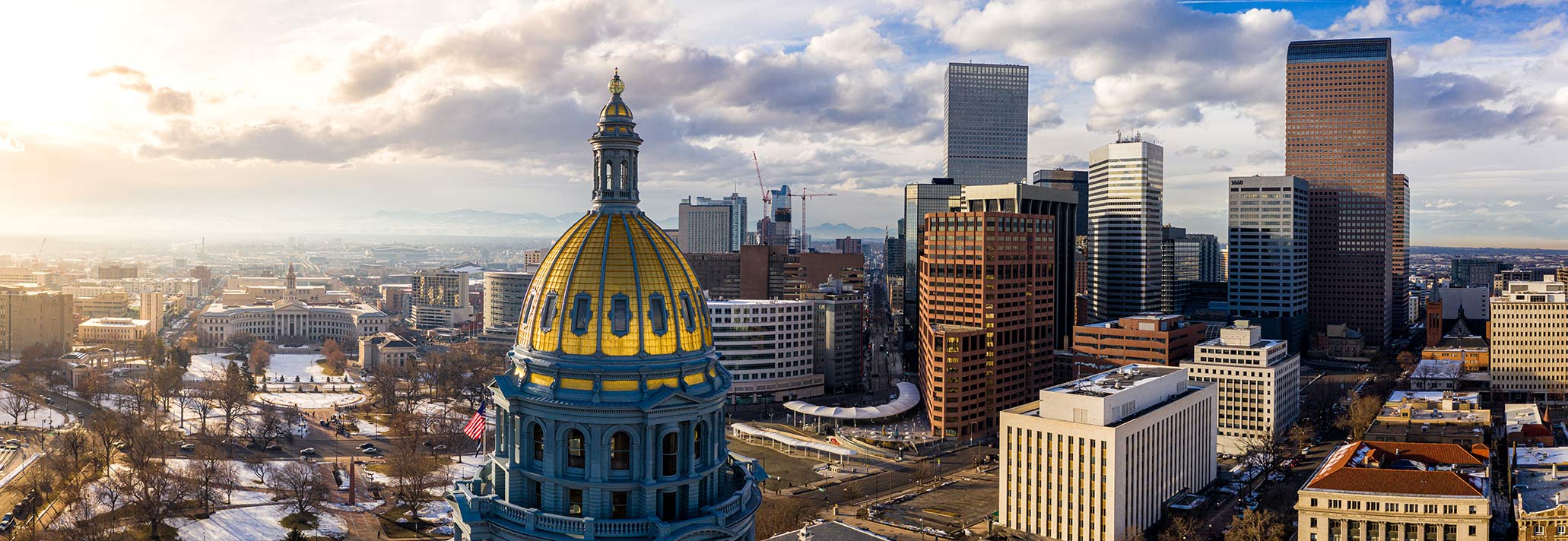

Both federal and Colorado law determine if and when employers must provide their workers with meal or rest breaks, and if those breaks must be paid. These rules can be complex, so employers often fail to provide workers with required breaks or fail to compensate workers for breaks that are required to be paid. If you believe that your employer has failed to provide you with a required meal or rest break or has failed to pay you for a break, our Denver meal and rest break lawyers will fight to make sure you have received all due compensation. Often, missed meal or rest breaks can also result in miscalculated overtime compensation. The rules and regulations governing these issues can be complex, so speaking to one of our Colorado meal and rest break attorneys will greatly increase your chances of recovery.
Many workers are surprised to learn that federal law does not require employers to provide any rest or meal breaks. While these types of breaks are not required, federal law does have rules for what kinds of breaks must be paid if the employer offers them. If lunch breaks are provided, they must be completely free from any job duties; if employees perform work during their lunch break, they must be paid for that time. Under the FLSA, a bona fide meal break (non-compensable meal period) is described as follows:
Bona fide meal periods are not worktime. Bona fide meal periods do not include coffee breaks or time for snacks. These are rest periods. The employee must be completely relieved from duty for the purposes of eating regular meals. Ordinarily 30 minutes or more is long enough for a bona fide meal period. A shorter period may be long enough under special conditions. The employee is not relieved if he is required to perform any duties, whether active or inactive, while eating. For example, an office employee who is required to eat at his desk or a factory worker who is required to be at his machine is working while eating.
Similarly, short rest breaks of 20 minutes or fewer are considered part of the workday and must be paid. Even if no work is performed during short rest breaks, these rest breaks “must be counted as hours worked” and they cannot be used to offset other unpaid work. If you or a loved one believe you have not been receiving correct payment for any meal or rest breaks at work, you may have a claim under federal law. Our experienced Denver Colorado meal and rest break attorneys are ready to protect your rights and recover any unpaid wages that you are entitled to.
In Colorado, many employers are required under state law to provide their workers with meal and rest breaks. Certain employers in Colorado are required to give employees a 30-minute meal break once the employee has worked five hours. Additionally, for every four hours worked, employees are entitled to a compensated 10-minute rest break. These requirements vary widely from federal law but are more generous to workers. Just like the federal law, if a worker’s meal break is interrupted by job duties, it is required to be paid. Coffman Legal’s Colorado meal and rest break lawyers are well-versed in Colorado law and will fight to make sure you are receiving the breaks and pay you are entitled to.
The federal and Colorado rules for rest and meal breaks can get complicated and complex. Seeking professional legal counsel maximizes your chances of recovering all compensation that you are entitled to. The skilled and experienced Colorado meal and rest break lawyers at Coffman Legal will fight to recover any wages that you are due. To schedule a free and fully confidential consultation, please call 720-784-7717. Our Colorado meal and rest break attorneys look forward to fighting for you!